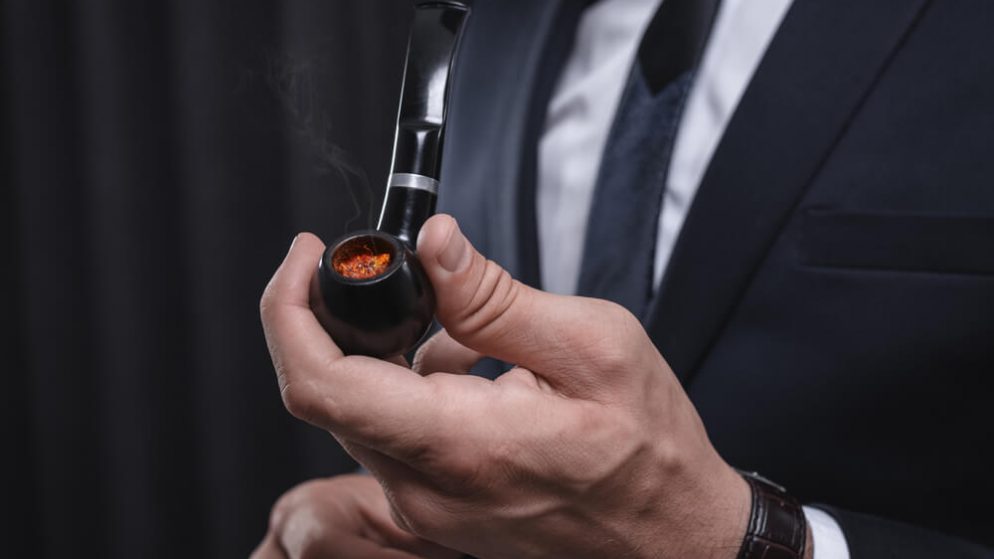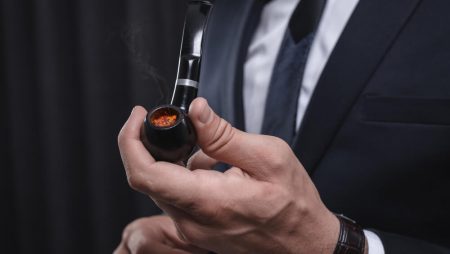

Recently, Atlantic City lifted its year long ban on smoking in the city’s casinos. The ban was lifted just as the Fourth of July celebrations were set to commence. Governor Phil Murphy signed the public health emergency order limiting people from smoking as a result of the ongoing pandemic. Now that the state has already managed to attain its goal to vaccinate at least 4.7 million people, the governor feels confident that the state is ready to resume normal operations.
According to the governor’s office, at least 60% of the population is now fully vaccinated. President Joe Biden had previously set a nationwide goal of having at least 70% of adults vaccinated with at least one shot by the 4th of July. New Jersey has managed to perform exceptionally as it has exceeded that goal with at least 77% of the adult population in the state receiving one shot of the vaccines.
The governor’s office has strived to partner up with local businesses and community leaders that have helped to ensure the vaccination process is as swift as possible. For instance, the governor’s office introduced various initiatives including collaborations with local vineyards and breweries that have been giving free drinks to patrons that present their vaccination cards.
It is the large groups of the vaccinated population that has led New Jersey to relax almost all of the measures that were placed by the governor at the beginning of March last year, which is when news of the pandemic broke. Over the last few months, the number of hospitalizations and deaths resulting from the virus has dropped drastically, which is excellent news for a state that was once the hotspot for the virus.
What we cover
New Jersey still looking to ban smoking permanently
Even though the governor’s office has lifted the ban thus allowing smokers to light up again, the governor’s office is still willing to look at proposals to ban smoking in the city permanently. A measure by lawmakers has been floating about to permanently ban smoking from the state’s casino floors.
Anti-smoking advocates and numerous casino workers in the state have been calling for the state to ban smoking as casinos remain exempt from a law that bans most indoor smoking. The only law that governs smoking in casino floors limits smoking to 24 percent of the casino floor. Casino workers, especially, have been complaining for years and asking the government to ban smoking as it has in all other public areas including the boardwalk as well as the beaches.
Since smoking is allowed inside casino floors, casino workers have been suffering and many have even developed lung disease as a result. When Murphy ordered the city casinos to shut down in March last year, smoking was banned as a public health measure when casinos were allowed to reopen. Even though the move to ban smoking on casino floors has been supported by numerous workers, not everyone is for the idea.
In particular, the Casino Association of New Jersey has strongly opposed the permanent smoking ban. According to the trade group, banning smoking on casino floors will lead to serious long-term monetary implications. According to the group, Atlantic City casinos will start to lose money if other casinos in the region keep allowing smoking as such a ban would naturally lead to fewer customers.
Casinos state that they have spent hundreds of dollars cleaning and installing air filtration systems designed to protect their customers. Many casinos also claim that many gamblers consider smoking to be part and parcel of their casino experience. As such, getting rid of indoor smoking would severely affect their bottom line. Casinos also claim that if smoking is banned within the casino floors, the loss of customer revenue will also lead to more job losses and reduced tax revenue for the state.
Based on data shared by the Nonsmokers’ Rights Foundation in the country, at least 20 states have banned smoking inside casinos. 3 additional states including New Jersey, Michigan, and Pennsylvania enacted temporary bans last year due to the ongoing health crisis. In 2008, Atlantic City attempted to ban smoking temporarily but this ban lasted less than 3 weeks.
During that time, at least 5 casinos came forward stating that they had noted a double-digit decline in revenue. For instance, the Hilton AC came forward stating that it has noted that its revenue had declined by double digits during the 2008 ban thus causing the company to lose an estimated $1 million.
Atlantic City casinos are still recovering
The state’s casinos managed to generate $345 million from state punters as more and more people received their vaccine shots and gamblers returned to casino floors. The $345 million generated was 4 times more than the 9 casinos combined earned in June last year when all casinos were still shut down from the pandemic.
During the summer months, visitation in New Jersey has been on the rise and with tourists feeling more comfortable to visit the city again, brick and mortar casinos in the city are finally starting to make some more revenue, which is a positive sign that things are finally starting to return to normal.
Of all the brick-and-mortar casinos in the state, Borgata generated the highest revenue, managing to make $97.7 million in revenue. The second casino on the revenue table was Hard Rock, which generated $41.6 million, followed by Tropicana which managed $27.4 million. Bally’s generated the least income at a modest $11.6 million.
The casino revenue from table games and slot machines reached $214.5 million thanks to data shared by the New Jersey Division of Gaming Enforcement. Of the 9 casinos, only 2 generated higher gaming revenue; Hard Rock managed $35.2 million which was an increase of 16.74%. Oceans casino, on the other hand, posted $23 million, up 13.76%.
Final Thoughts
Atlantic City casinos have been fairing a lot better than they have in the last few months. With mask mandates, social distancing requirements, and smoking ban removed, the state’s casinos can finally start working to improve their service in the long road to recovery.





